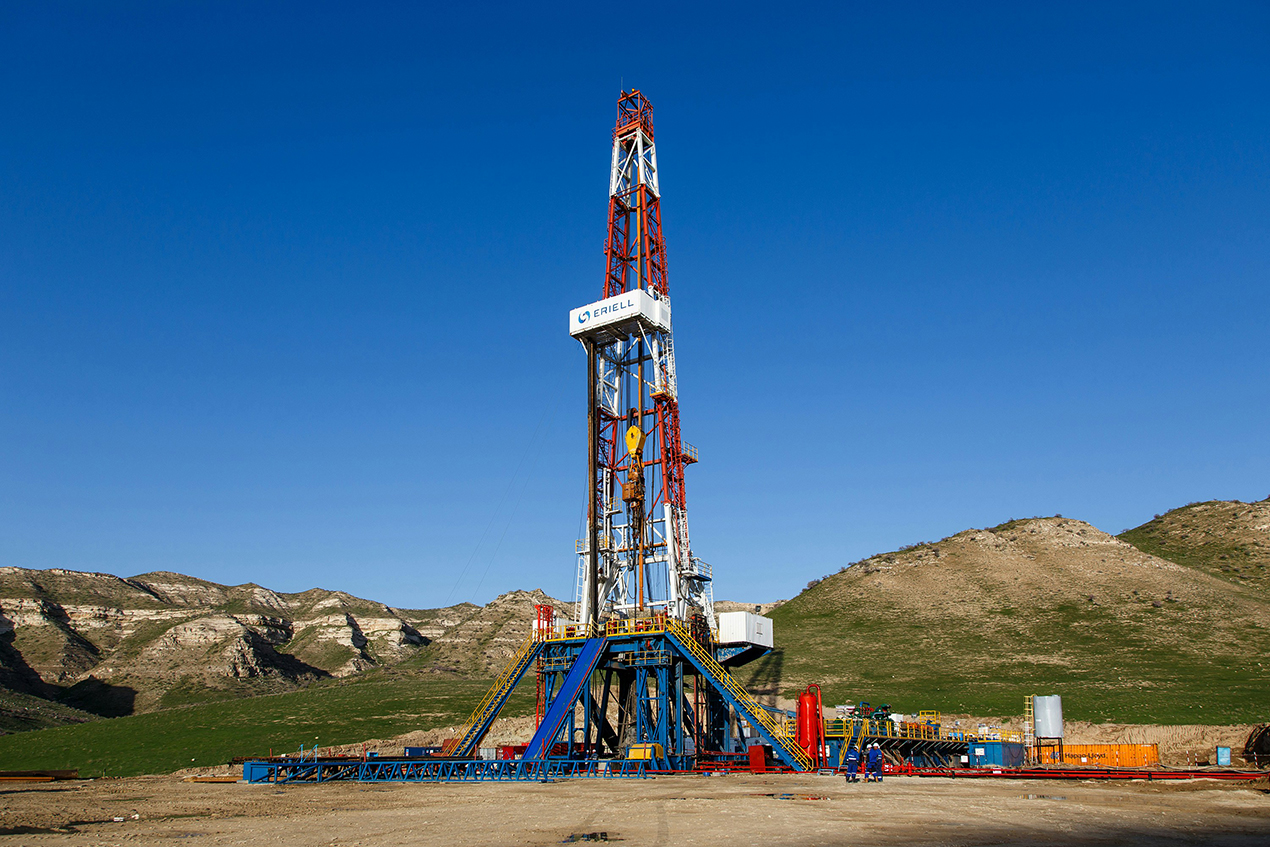News
Global Oil Production Declines Slightly, Renewable Energy Grows Rapidly
The "BP World Energy Statistics 2008" released today reveals: In the past year, most renewable energy has experienced rapid growth, with global wind and solar installed capacity increasing by 28.5% and 37% respectively, and ethanol production increasing by 27.8%.DeCarrie, Vice President of BP Group and President of China, said: "Sustainable energy consumption and economic growth are global issues. The only way to deal with this common challenge is cooperation, including the establishment of new types of clean energy commercialization and new technology research and development. The need for partnerships and a collaborative approach.”
According to "BP World Energy Statistics", despite the turmoil in financial markets that began in August last year, world economic growth remained strong in 2007 and continued to drive global energy consumption. World primary energy consumption increased by 2.4% in 2007, slightly slower than in 2006, but still higher than the average level of the past decade for the fifth consecutive year.
Oil prices have been rising for more than six years, the longest period of high oil prices on record. DeCary pointed out that free energy markets still function, and consumers and producers respond to changing oil prices where conditions permit. However, in many places, it has become difficult to obtain economically reasonable upstream resources due to policy intervention in market mechanisms. In addition, in some countries, government subsidies allow consumers to insulate themselves from rising oil prices.
"BP World Energy Statistics" clearly shows that global oil consumption increased by 1.1% in 2007, or 1 million barrels per day, which was slightly lower than the average level of the past ten years. Consumption in oil-exporting regions such as the Middle East, South and Central America, and Africa accounts for two-thirds of global oil consumption growth. Oil consumption in the Asia-Pacific region grew by 2.3%, broadly in line with historical averages, although China and Japan experienced below-average growth and some emerging economies showed strong growth. Consumption in OECD countries fell by 0.9%, a decrease of nearly 400,000 barrels per day.
Global oil production fell by 0.2% in 2007, or 130,000 barrels per day, the first decline since 2002. Affected by the combined effects of consecutive production cuts in November 2006 and February 2007, OPEC's production in 2007 decreased by 350,000 barrels per day. Increases in production in Angola and Iraq, as well as growth in natural gas condensate/natural gas liquids supplies, have partially offset deeper production cuts in other OPEC countries. "BP World Energy Statistics" disclosed.
According to "BP World Energy Statistics", the growth of oil production outside the Organization of the Petroleum Exporting Countries was weak in 2007, increasing by only more than 200,000 barrels per day. Output in OECD countries fell for the fifth consecutive year. Production in the former Soviet Union increased by nearly 500,000 barrels per day, of which Azerbaijan and Russia each increased by more than 200,000 barrels per day.
"BP World Energy Statistics" monitors that global natural gas consumption increased by 3.1% in 2007, exceeding the previous average growth rate, although only North America, Asia-Pacific and Africa grew above the regional average; China's natural gas consumption increased by 19. 9%, the second largest increase in the world; affected by the warm winter, consumption in the EU fell for the second consecutive year, with a decrease of 1.6%.
Natural gas production increased by 2.4% in 2007. As with consumption, the United States is the world's largest natural gas supply growth country, with an increase of 4.3%, the largest increase since 1984. The European Union's production fell by 6.4%, and the United Kingdom's natural gas production fell by 9.5%, leading the world for the second consecutive year. A small decline in Russian output was more than offset by a sharp rise in natural gas production in other parts of the former Soviet Union except Russia.

RELATED NEWS
- Exclusive Interview with Yang Yinghui, Chairman of Zhongtai New Energy
- Global Economic Commentary: Germany’s Emerging Energy Sources are Becoming Popul
- Polysilicon Continues to Rise
- EU Solar Power Generation Jumps 28% Year-on-year during Lockdown, Fossil Fuel Sh
- BANDON’s New Headquarters Base Locating in Shunde Technology Park
